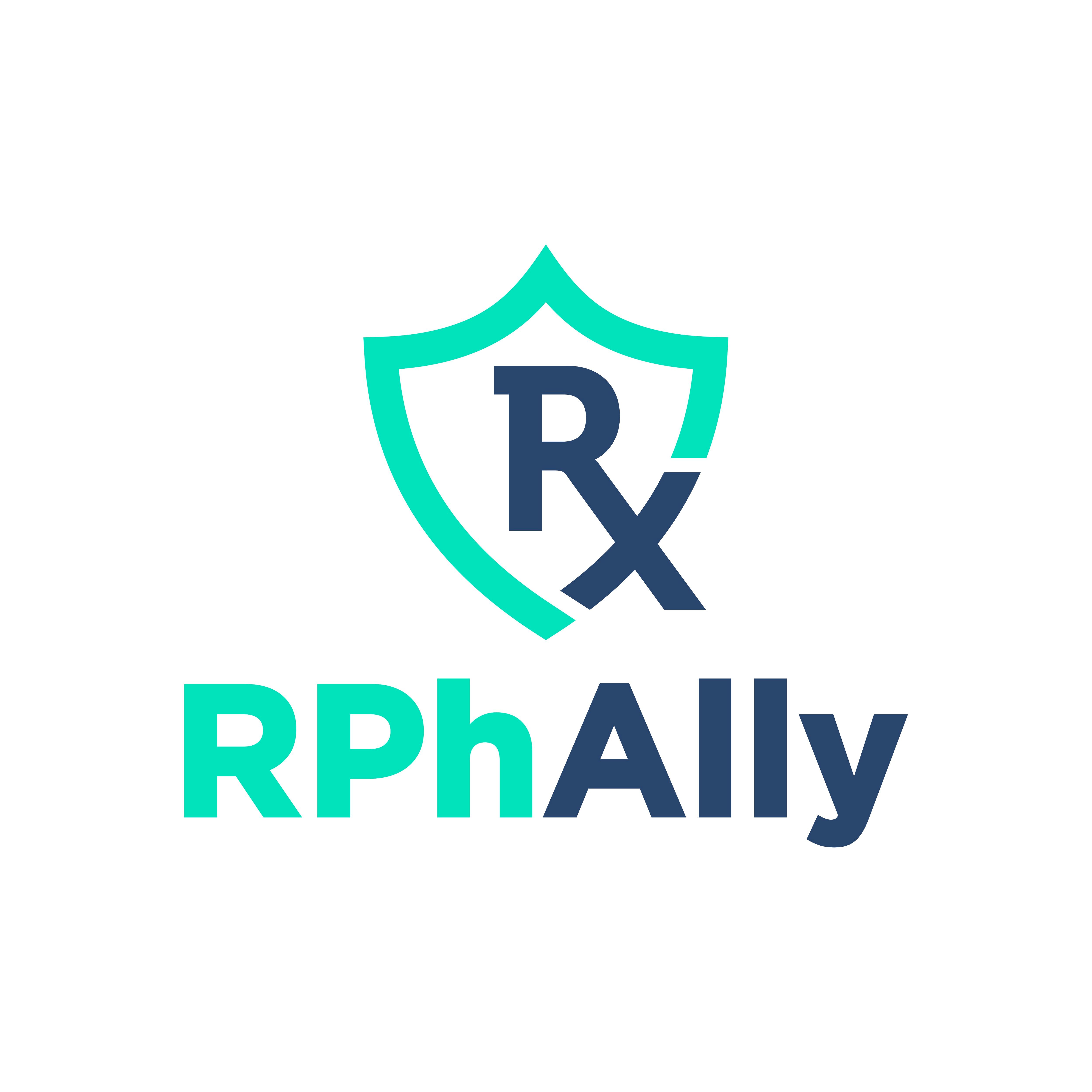
- Total Pharmacy® March 2023
- Volume 01
- Issue 02
Grow Your Business With At-home Health Care Services

Community pharmacists can provide crucial services that meet patients where they are: at home.
Whether it’s called at-home care, care management, or remote clinical pharmacy services, patients are staying home and tracking their health through remote devices or monthly calls to a health care provider. These calls are 1 way for pharmacists to gather insights and keep their eyes on how a patient is doing between visits with other health care providers.
One goal of Medicare and commercial insurances is preventive services for their members. Medicare relies on care management services, such as long-term care management and remote physiologic monitoring, for just that reason: to identify shortcomings in the patient’s health and gather those data as early as possible, preventing adverse events or other issues down the line. These programs can be implemented by pharmacists from behind the counter or through a secure Wi-Fi connection.
Some stakeholders think that care management services are not within a pharmacist’s wheelhouse, but I disagree. We are trained in care, meeting each patient or caregiver exactly where they are, and helping them in any way we can. It’s what we do every time we step up to the counter to answer a question, offer education and counseling, or provide help in the cold and flu aisle. Meeting the patient where they are—and offering an ear for them to be heard and understood—goes a long way. Additionally, offering helpful solutions through tips, tricks, and maybe a product recommendation or two can ensure patients reach their desired health outcomes. Why shouldn’t care management services be in the pharmacist’s toolkit?
Do you have a group of patients with hypertension who are on multiple medications, but have an unclear history of adherence? What about patients with diabetes who are changing their long-acting insulin or insulin-like injectables month to month? Do you care for patients taking antidepressants who have just had a new medication added to their regimen; have they undergone screening recently? These are just some of the patients I have seen who can benefit from long-term care management or remote monitoring.
Through remote patient monitoring programs, we can change the game for patients with hypertension, depression or diabetes. Health literacy rates in the US are low, approximately 12%1— meaning only 12 of every 100 people understand where they are in their health care journey. These programs allow us to close education gaps with enrolled patients and create positive outcomes that meet quality metrics in prevention, reducing health care costs today and in the future. These programs also provide insight a patient’s home life and any issues that may be affecting their health.
As a pharmacist, I realize it might seem like a stretch to offer Medicare programs from the pharmacy through at-home services. However, with the skills and abilities that pharmacists have, these services offer great value to patients from a community standpoint, helping patients enhance their health care and be able to lean on— and grow with—their most trusted community health care partners: us, their pharmacists.
Call it what you will, but pharmacists have the opportunity to show up with health care solutions to create engaged, happy, and healthy patients. For more information, check out my channel on RPhAlly.com or tune in to my weekly live Remote Care Services Show, streaming on social media.
Thea M. Blystone, PharmD, founder and CEO of TM Pharmacy Consulting, is a pharmacy disruptor with 20 years of experience She is passionate about creating opportunities for pharmacists in patient care and leaving a legacy for the future of the profession.
Reference
- Health literacy reports and publications. Department of Health and Human Services. Reviewed May 14, 2019. Accessed February 6, 2023.
https://www.hhs.gov/surgeongeneral/reports-and-publications/health-literacy/index.html
Articles in this issue
almost 3 years ago
Is ChatGPT Health Care’s Next Big Thing?almost 3 years ago
Going Viral: Create a Competitive Edge With Strategic Marketingalmost 3 years ago
A New Era for Total Pharmacy®almost 3 years ago
How a Bill Becomes a Law: Pharmacy Legislation to WatchNewsletter
Pharmacy practice is always changing. Stay ahead of the curve with the Drug Topics newsletter and get the latest drug information, industry trends, and patient care tips.























